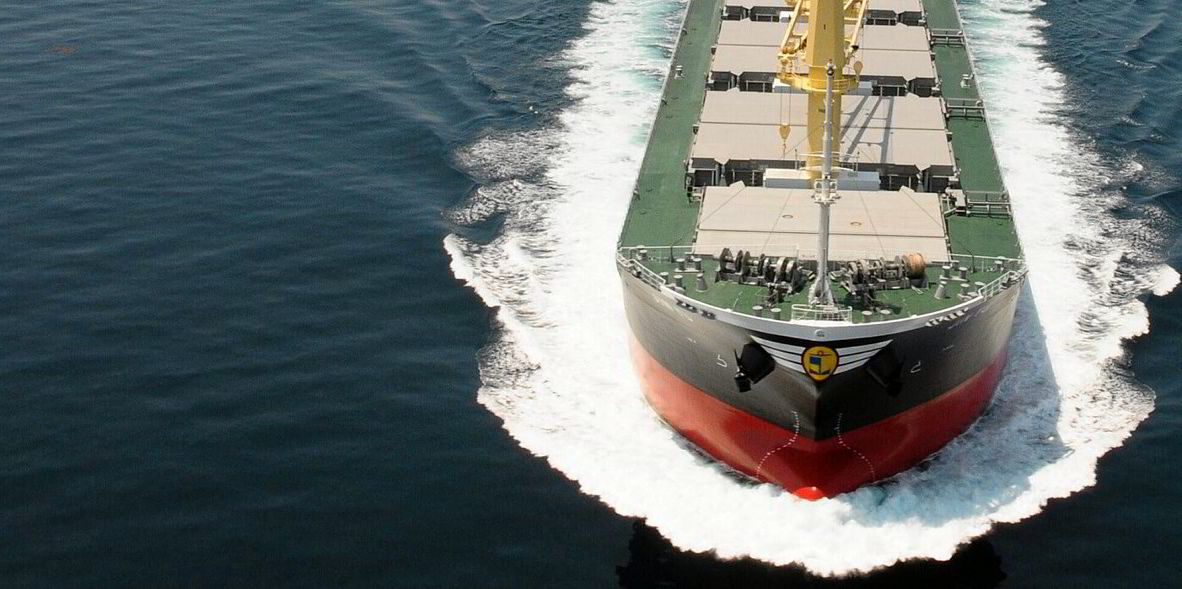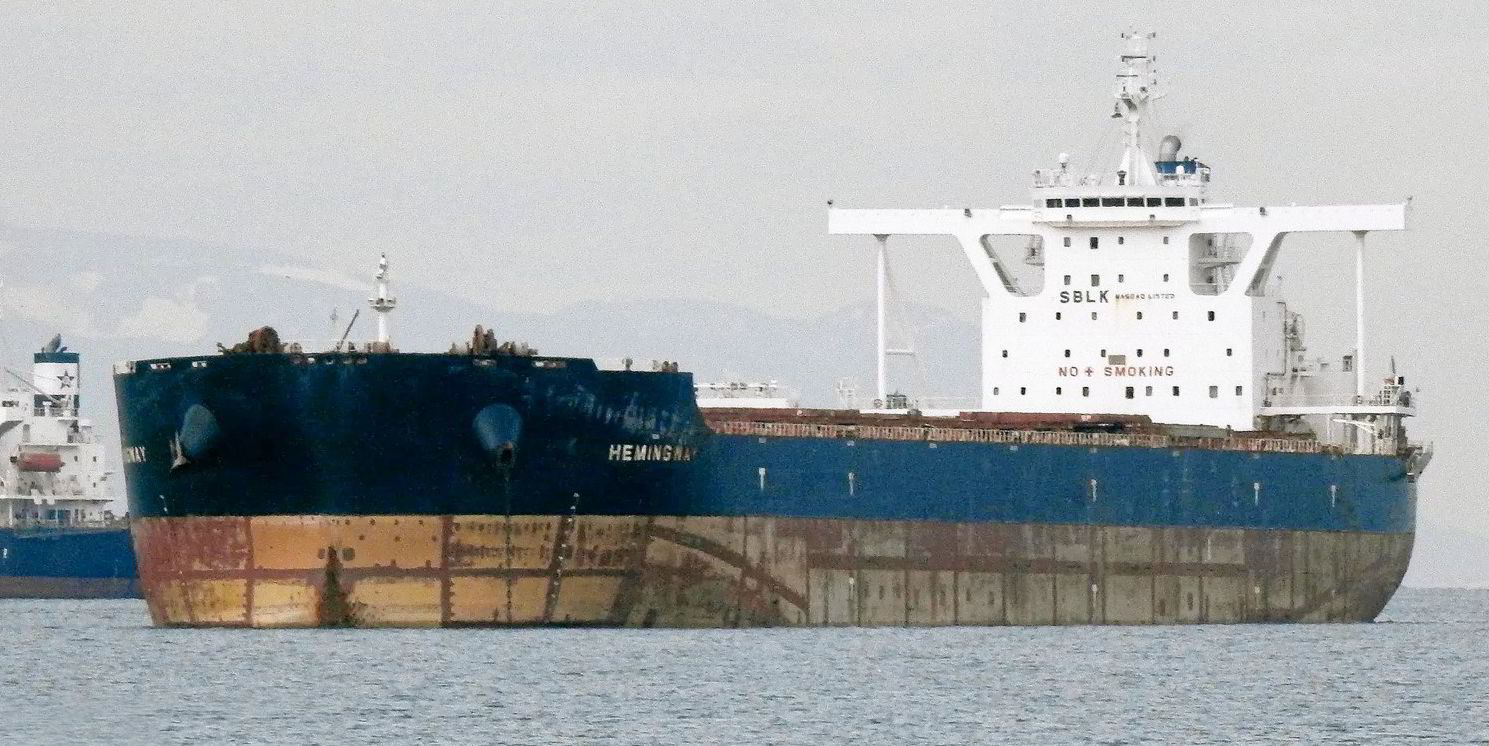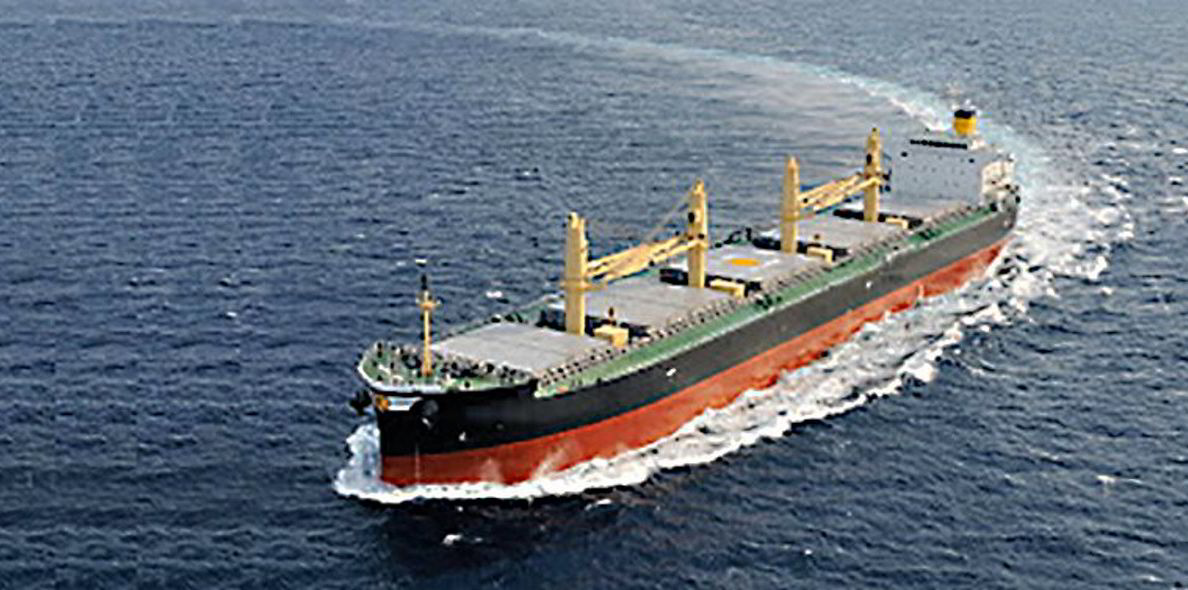Jinhui Shipping and Transportation has returned to profit in the first quarter of 2024 on the back of increasing tonne-mile demand caused by multiple geopolitical issues.
The Hong Kong and Oslo-listed bulker owner booked a net profit of $2.4m, reversing the year-ago loss of $12.7m, according to figures released on Friday.
Revenue for the first quarter of 2024 increased 93% to $27.8m as the average Baltic Dry Index reached 1,824 points in the first quarter of 2024, versus the 1,011 points in the same quarter 12 months ago.
Jinhui’s fleet earned an average daily time charter equivalent rate of $12,218 during the quarter, an 86% increase on the rate achieved a year ago.
“The dry bulk market showed counter-seasonal strength in the first quarter of 2024 as the freight rate momentum carried over from the last quarter of 2023, supported by an increase in demand on dry bulk commodities and longer sailing distances,” Jinhui said.
“Market freight rates began to regain strength driven by the robust demand for dry bulk commodities, limited supply of vessels, coupled with the Red Sea dispute,” the shipowner added.
During the quarter, Jinhui acquired a 2012-built, 181,279-dwt capesize for $30.95m and a 2019-built, 81,567-dwt panamax bulker for $31.1m.
At the end of the first quarter, Jinhui’s fleet comprised 28 vessels, consisting of 26 ultramax or supramax bulkers and a pair of panamax units.
After the reporting date, Jinhui entered into long-term charters for two ultramaxes, which have since been delivered, and a single capesize bulker, which is due to be delivered in the first quarter of 2025.
Jinhui said 2024 has seen a relatively good start, with steady demand in dry seaborne trade.
It expects the freight market to remain robust given the positive tonne-mile effect due to trade route disruptions caused by geopolitical tensions and conflicts.
“Transportation of commodities continues to be affected by complex variables that range from industry-specific, economical, as well as geopolitically driven factors,” it said.
Jinhui said bulker supply and demand remained in a “good balance”, which had provided very strong support to vessels’ secondhand values.
“We currently have no newbuilding contracts and are likely to focus on suitable second-hand tonnages or charter-in opportunities in terms of capacity growth,” it said.
“Should global economic recovery gain pace at a rate that is beyond market expectations, our fleet will be well positioned to benefit from these supportive industry-specific fundamentals.”





